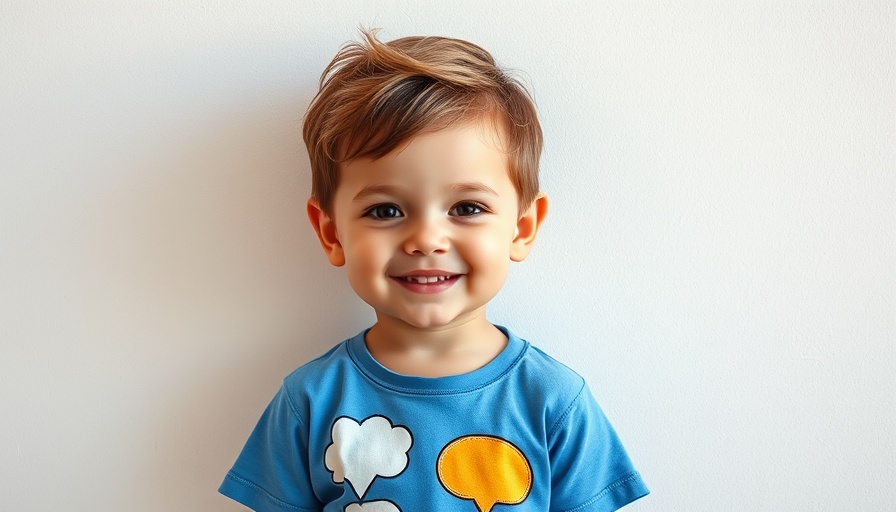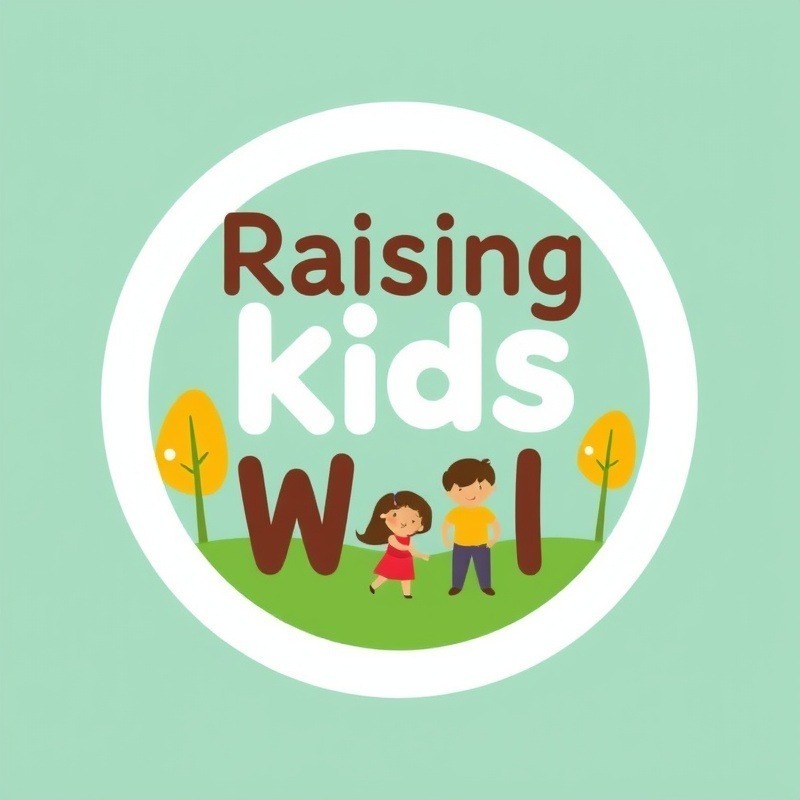
Understanding Positive Parenting
In today’s fast-paced world, parenting can feel like navigating a maze filled with challenging behaviors. Parents often face the daunting task of teaching their children right from wrong while juggling the demands of work, home life, and societal expectations. Positive parenting provides a refreshing approach, emphasizing encouragement and understanding rather than punishment. Instead of labeling behaviors as 'bad', this method encourages parents to explore the underlying reasons behind those actions.
Identifying Behavioral Triggers
What drives a child to throw a tantrum or ignore your instructions? Understanding the triggers of undesirable behaviors can be crucial for parents. For instance, children may act out during stressful times, such as when a parent is busy or when there are significant changes at home. By recognizing these triggers, parents can address the root cause of their child’s actions rather than merely reacting to the behavior itself.
Modeling Positive Behavior
Children are keen observers and often mimic the behaviors of those around them. As parents, modeling positive behaviors is one of the most powerful tools in shaping your child’s actions. For example, if you respond calmly to a stressful situation, your child is likely to mirror that calmness. Similarly, displaying empathy and problem-solving skills can teach them to navigate their own challenges with the same approach.
Implementing Positive Reinforcement
Positive reinforcement has proven to be an effective strategy in promoting desired behaviors. When a child receives praise or rewards for good behavior, it encourages them to repeat those actions in the future. For instance, you might notice that your child is helpful around the house; by acknowledging this behavior with praises or a small reward, you’re reinforcing their positive actions.
Building Emotional Intelligence
Emotional intelligence is a vital skill that equips children to understand and manage their own emotions and those of others. Encourage your children to express their feelings verbally and validate those emotions. For example, if they are upset because a friend wouldn’t share a toy, help them articulate their feelings and discuss ways to approach such situations in the future. This strategy not only fosters emotional skills but also teaches conflict resolution and empathy.
Creating a Supportive Environment
The home environment plays a critical role in a child's behavior and emotional development. Create a space where your child feels secure, accepted, and loved. This foundation allows for open communication and can significantly mitigate challenging behaviors. Engage in family activities, establish routines, and practice regular communication to nurture this supportive environment.
Practicing Self-Care as a Parent
Parenting can be demanding, and it's essential for parents to take care of their own well-being. When parents practice self-care, they are more capable of responding positively to their child’s needs. Allocate time for yourself, whether it's through exercise, reading, or simply having a quiet moment. Remember, a happy parent leads to a happier child.
Common Misconceptions in Parenting
Despite the rise of positive parenting methods, many parents still cling to old misconceptions about discipline that may not work effectively today. A common misconception is that punitive measures are the only way to instill discipline. However, research shows that children respond better to guidance that focuses on positive reinforcement rather than fear-based tactics.
The Journey Towards Positive Parenting
Adopting a positive parenting approach is not an overnight change; it requires patience, understanding, and consistent effort. Celebrate small victories along the way, and don’t hesitate to seek support from parenting communities or professionals when necessary. Remember that the goal is not to create perfect children, but to nurture respectful and happy individuals who can thrive.
In embracing positive parenting, you’re not just correcting behavior; you’re building a healthier, more constructive relationship with your child. This journey will pave the way for their future relationships, enabling them to interact with out the world positively and compassionately.
 Add Row
Add Row  Add
Add 

Write A Comment